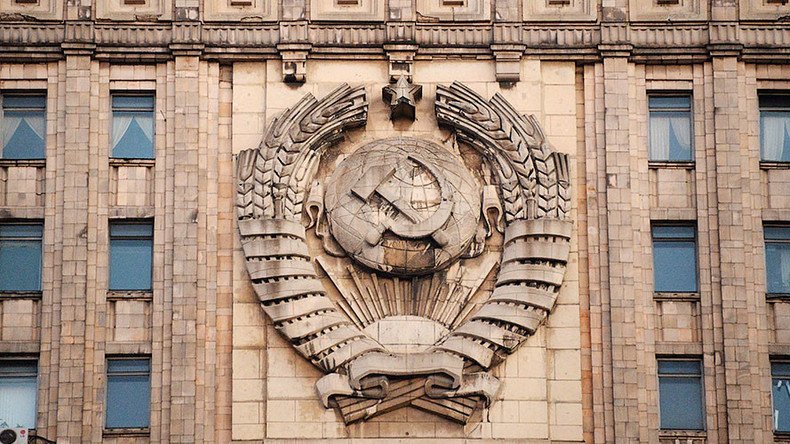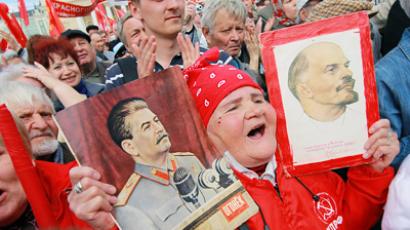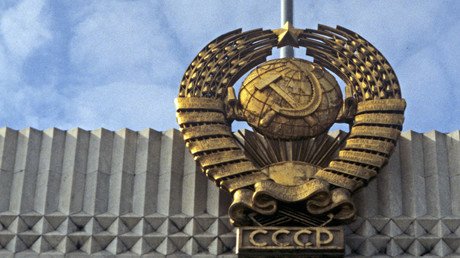Russians still regret USSR collapse, but believe restoration unrealistic

Most Russian citizens do not believe that former Soviet republics can one day reunite on the same principles that bound together the USSR, but still think that some sort of a union state would be a promising project.
According to public opinion poll conducted by state-run agency VTSIOM in November this year the share of Russians who admit to regrets over the collapse of the Soviet Union is now about 63 percent, down from 65 percent in 2006.
At the same time, the share of respondents who believe that this collapse could have been prevented increased from 47 percent in 2006 to 56 percent in 2016.
“As years go by our citizens get firmer in their opinion that the Soviet Union could have been saved. At the same time, most people consider the return to old principles of unification impossible [69 percent in 2006 and 68 percent today] while the idea that the countries on post-Soviet space could merge into a completely new union finds support among 52 percent of Russians,” reads the text of VTSIOM release.
The head of the agency’s research department, Mikhail Mamonov, said that the average Russian’s attitude to the collapse of USSR can presently be described as “nostalgic pragmatism.”
The Eurasian Monitor agency also conducted similar polls in several former Soviet states. It showed that the public attitude to these events varies greatly in different republics. For example the share of those who think that the collapse of the USSR could have been avoided amounts to 51 percent in Moldova, 30 percent in Ukraine and just 26 percent in Armenia. Still, the proportion of those who regret about this fact is about a half in all states and those who admit that they would welcome new union state was at about 20 percent everywhere.
The issue of reunification was raised in mid-December by former Soviet President Mikhail Gorbachev who also noted that in his opinion such move was possible only if the countries voluntarily agreed to join.
“Not the Soviet Union, but a new union state. I think that a new union is possible,” Gorbachev said in an interview with TASS timed to coincide with the 25th anniversary of the dissolution of the USSR. “It could be within the same borders and formed with the same states, but voluntarily.”
On December 8, 1991, the heads of the Soviet Republics of Russia, Ukraine and Belarus signed a treaty known as the Belovezha Accords in which they announced that the Soviet Union had ceased to exist as a sovereign state and was being replaced by a Commonwealth of Independent States – an economic bloc formed of completely independent republics. Gorbachev voluntarily resigned from the post of Soviet president on December 25, 1991.













